This story contains references to a historical hate crime that took place in the 1980s and may be sensitive for audiences.
Twenty years ago, during the 2003-04 school year, the Asian Pacific American Studies program in the College of Social Science was established at Michigan State University. APA Studies has since become a central community for Asian Pacific Islander Desi American, or APIDA, students, faculty, and staff on campus and in Greater Lansing. They have succeeded by persistence and holding space to bring the community together. It was not without a long journey, though, as expressed by APA Studies faculty members. To understand this journey, we must first visit the aftermath of the racially motivated murder of a Chinese American in Detroit.
The murder of Vincent Chin
On June 19, 1982, Vincent Chin was fatally beaten by two white autoworkers on the night of his bachelor party. He was 27. The assailants blamed him for the decline of the United States auto industry in the Midwest. This anti-Japanese sentiment was extended to all Asian Americans who were lumped together as perpetual foreigners.
Chin, an industrial draftsman, died only days before he was set to be married on June 28. All 400 of his wedding guests attended his funeral instead. At the time, civil rights laws only applied to African Americans. The courts acquitted the assailants with no jail time and just a $3,000 fine. Community efforts to bring attention to the issue, such as coverage by journalist Helen Zia, were instrumental to bring Chin's case to awareness. The watershed trial galvanized the Asian American community in Michigan and nationally, leading to decades of advocacy and the eventual founding of APA Studies at MSU.
The creation of APASO
After Chin’s death, graduate student Sandy Tsuneyoshi and many other students joined to form the umbrella Asian Pacific American Student Organization, or APASO, in 1982. Tsuneyoshi assisted APIDA students in breaking the model minority myth, finding common experiences and establishing a campus community.
“APASO was a significant part of my MSU experience - it introduced me to identity politics that was much needed in navigating campus life and helped me establish my political identity in finding my way to Detroit after leaving East Lansing," said Soh Suzuki, APASO alum.
Read about APASO’s 40th anniversary on MSUToday.
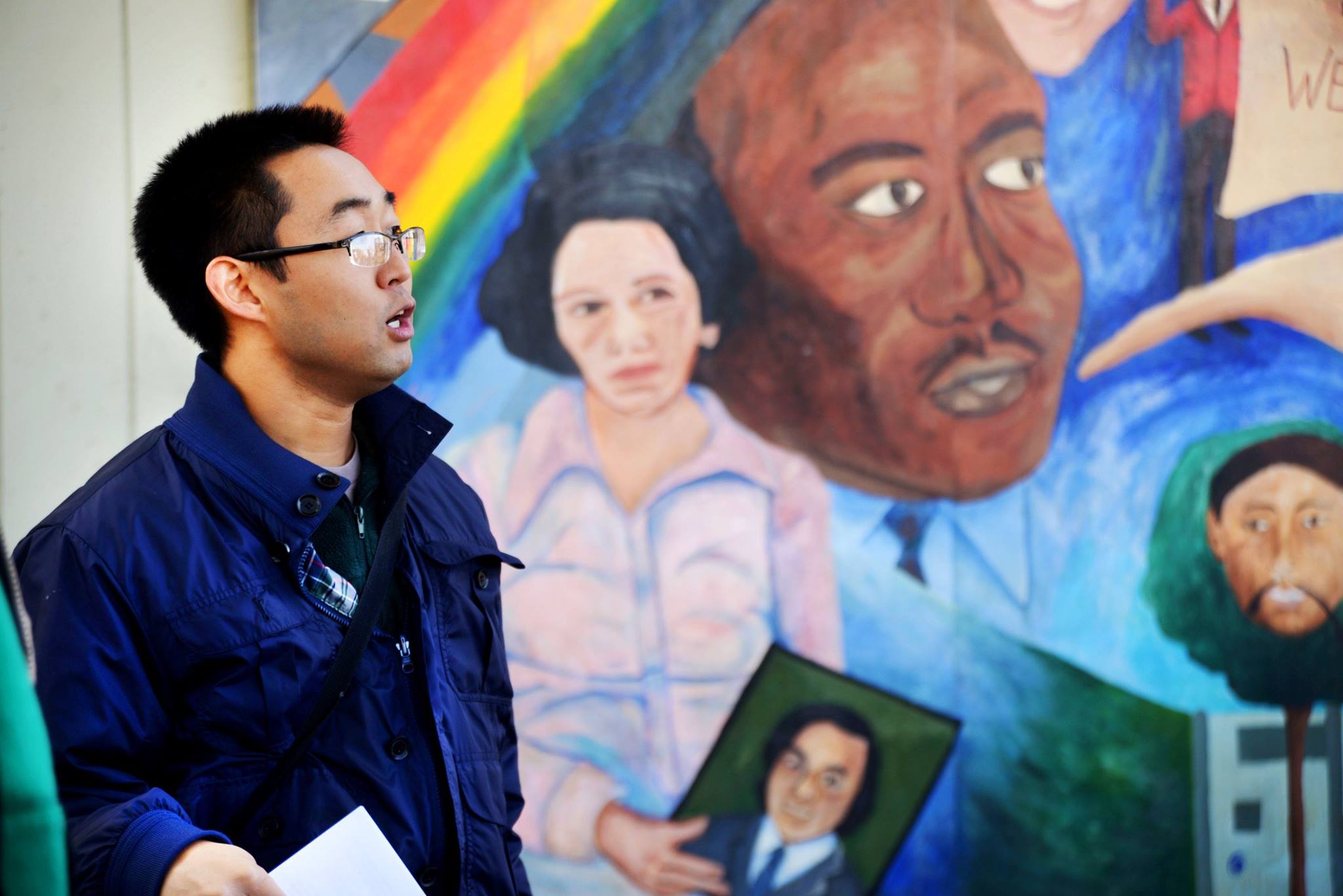
According to Maggie Chen-Hernandez, the former director of Mosaic Multicultural Unity Center and one of the founding members of APASO, about 400 APIDA-identifying students were on campus then.
“APIDA students weren’t being taken seriously. We were seen as foreigners and at the same time used as exemplars for denying the existence of racism in the U.S.,” said Chen-Hernandez. “APASO changed things and, as an advocacy group, brought APIDA students’ issues to the attention of staff and administrators.”
Even though APASO experienced successes shortly after its creation, such as when the Associated Students of Michigan State University and Residence Halls Association passed unanimous bills to support APASO’s concerns in 1986, something was still lacking. The knowledge of APIDA history among general students and even APIDA-identifying students wasn’t known nor taught at Michigan State.
The fight for Asian American classes
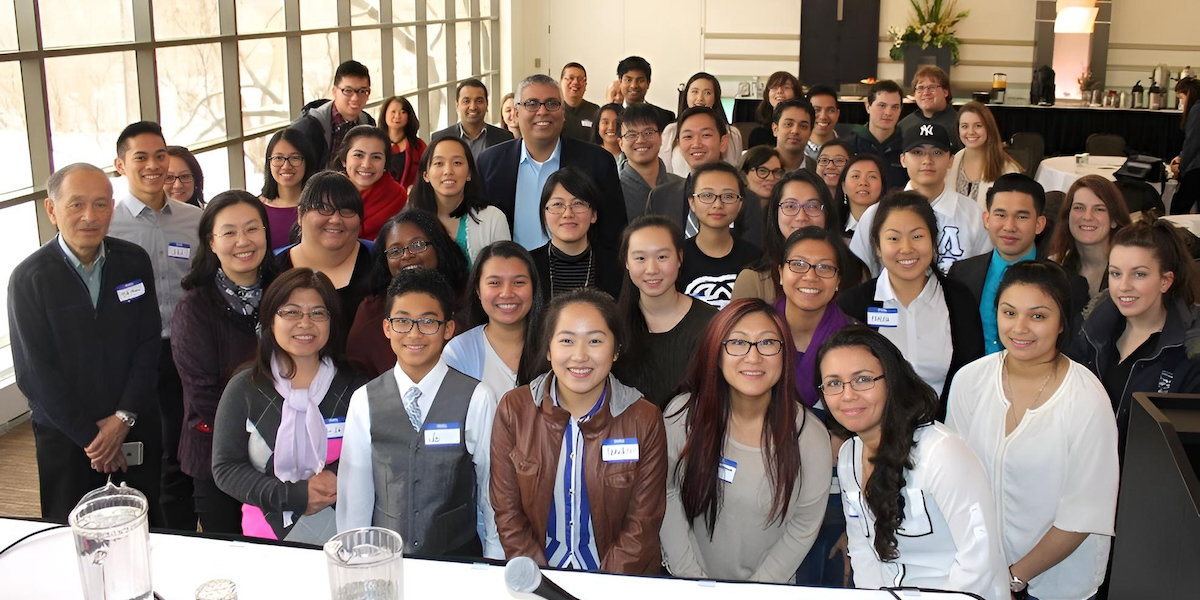
The fight for APA classes at MSU began to make some headway in the late 1980s, but elsewhere, it started far before the creation of APASO. In the late 1960s on the West Coast, one of the first APA Studies departments in the nation was born from unrest following the five-month strike in 1968 with the Black Student Union/Third World Liberation Front student strike. A coalition of ethnic student groups challenged the Eurocentric education and lack of diversity on college campuses in California, leading to the establishment of ethnic studies across the U.S.
In 1969, San Francisco State University, the University of California, Berkeley, and the University of California, Los Angeles, established an Asian American Studies Department. These departments have grown to offer minors, bachelor’s degrees and master’s degrees with over 50 undergraduate and graduate courses and 20 faculty members.
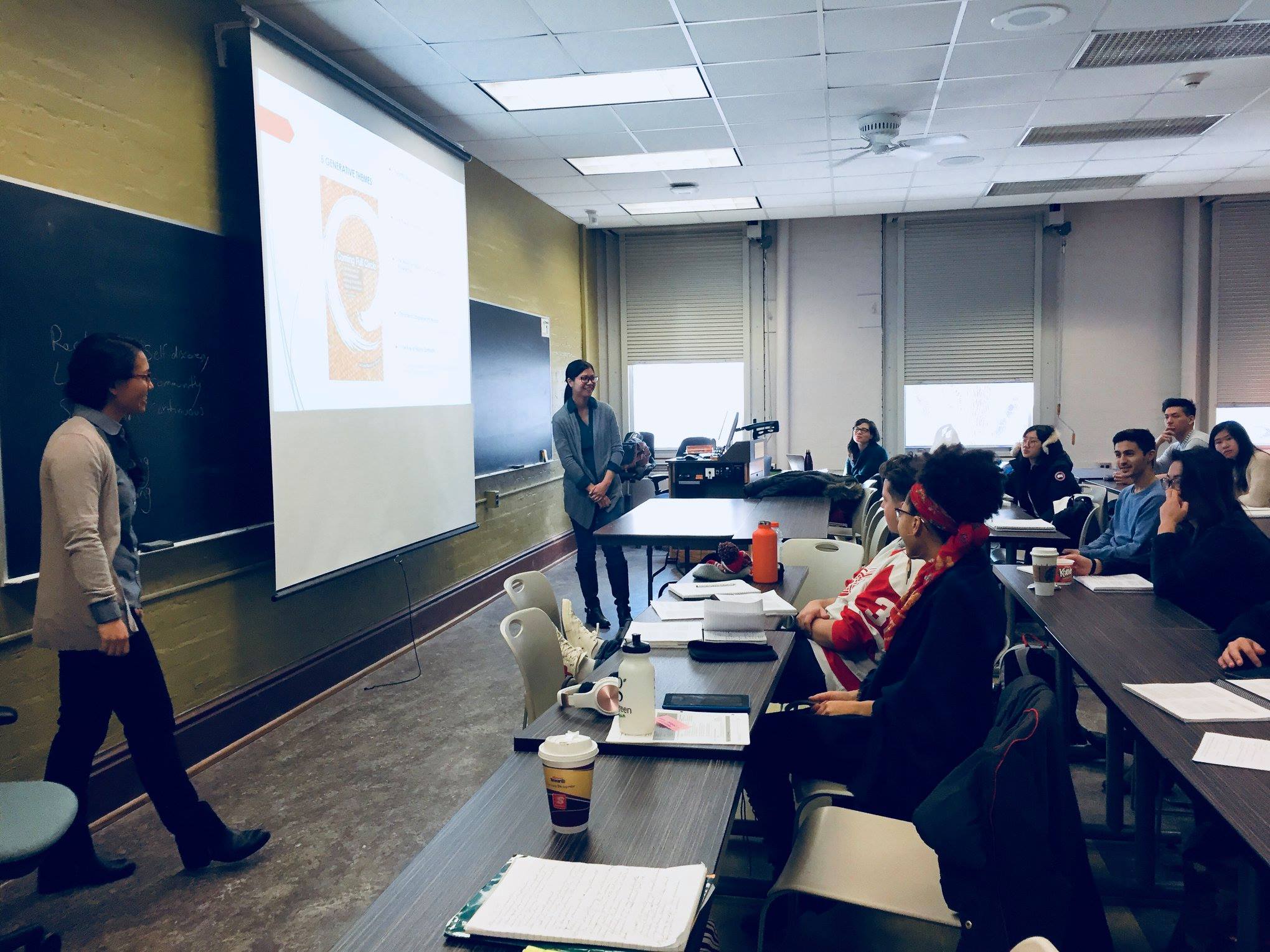
Back at MSU and years later in 1992, Chen-Hernandez was approached by Roger Bresnahan, now a retired professor from the Department of Writing, Rhetoric and Cultures, about creating a scholarship for Filipino students. After they connected, both bonded over their desire and passion to teach an Asian American class on campus. And so, it wasn’t until 10 years after Vincent Chin’s death, 23 years after the nation’s first Asian American studies departments, and 137 years since Michigan State opened its doors for the first Asian American Experience class to be taught on campus.
Bresnahan and Chen-Hernandez co-taught the Asian American Experience class under the Department of American Thought and Language, which is now the Department of Writing, Rhetoric and Cultures.
“I told students, if you are interested in learning about yourself, you should take this class,” said Chen-Hernandez.
The first iteration of the class was held every Wednesday night for three hours, and it included 18 enrolled students. Chen-Hernandez and Bresnahan both taught this class with no additional financial compensation.
APA Studies is created
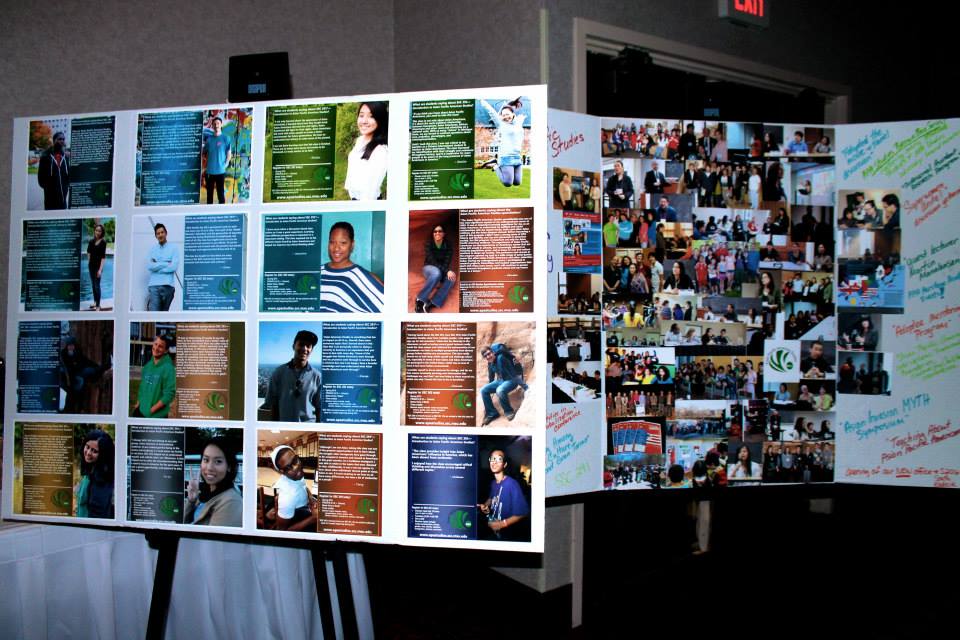
Advocates for establishing an APA Studies program had to overcome numerous hurdles to get the program where it is today. And the process was slow. An early hurdle, and one that still prevails today, is ensuring the program has consistent and sufficient financial support.
In addition, the lack of a permanent space has made it difficult to establish a central presence on campus.
“It is a consistent battle of having to prove themselves to get financial support,” said Chen-Hernandez. “Another hurdle was having the sincere support of the university community so that it would make sense.”
Early on, Chen-Hernandez applied for grants to host a guest lecturer series involving different APIDA professionals coming to MSU, which, in turn, gained traction and increased interest in the program. This process and effort proved beneficial. As faculty support and student advocacy increased, the provost and vice president for Academic Affairs at the time, Lou Anna K. Simon, came to favor the idea of establishing a dedicated program.
This prompted another hurdle: finding faculty who truly cared about APA studies. Some potential hires weren’t well-versed in APA studies, whereas others were not comfortable teaching outside of their expertise area. Eventually, the Department of Anthropology chair at the time, Lynne Goldstein, led the hiring process and hired Andrea Louie, who specialized in Asian American anthropology. Initially hired to promote scholarship on Asian Americans and advance ethnic studies goals, it wasn't until later that Louie was charged with developing the program.
Others, like James Madison College Professor Anna Pegler-Gordon taught Asian American history and were early supporters and instrumental in the program's foundation.
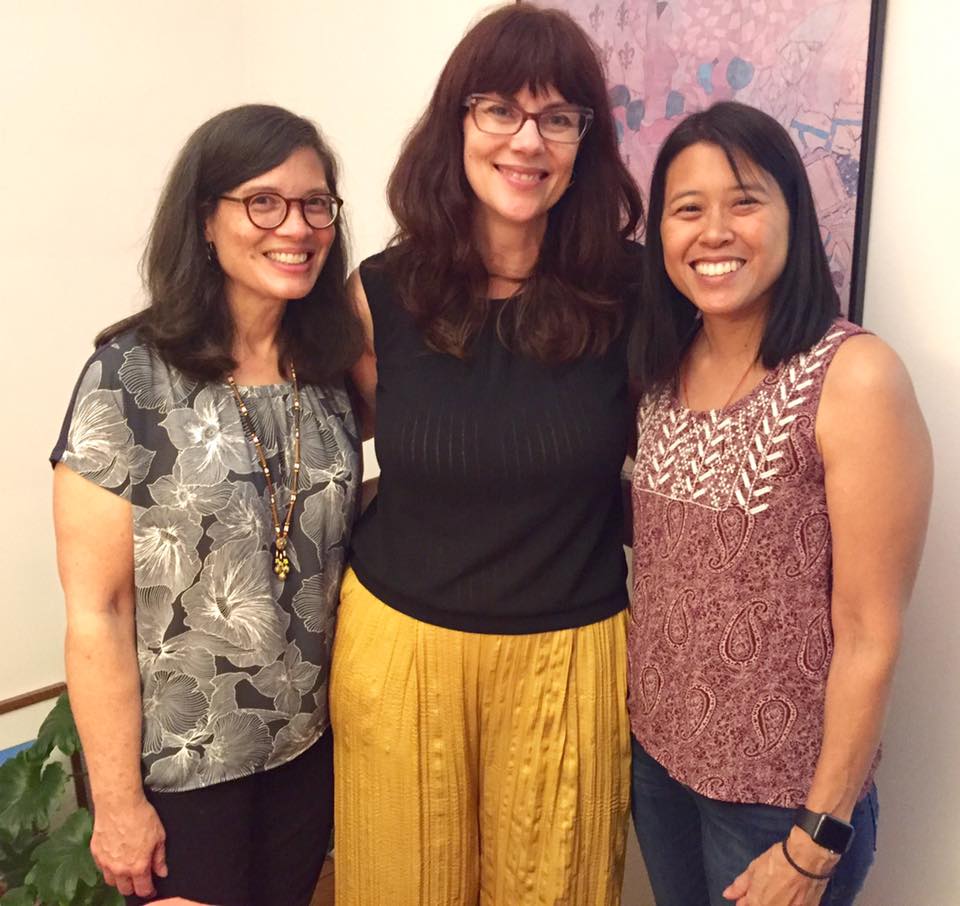
As the founding director of APA Studies, Louie, an assistant professor at the time, began developing a curriculum and submitting it for approval as a specialization, or minor, and official academic program.
Established in 2004, the program faced funding hurdles, especially around programming. The Office for Institutional Diversity’s Creating Inclusive Excellence Grants helped fund APA Studies’ first conference, increasing the program's visibility and resulting in three national conferences.
“APA Studies has come a long way from its beginning with 1-credit intro classes and becoming 3-credits and having many more classes taught by program members throughout the years,” said Louie. “APA Studies has some amazing people and staff who have grown the program to what it is today.”
APA Studies timeline
1982: APASO formed
1992: First classes
2004-12: APA Studies program and minor established
2012-17: Program grows in size
2017-19: Building external relationships and curriculum growth
2019-23: Graduate courses and annual symposium
2024: 20th anniversary, oral history project
APA Studies today
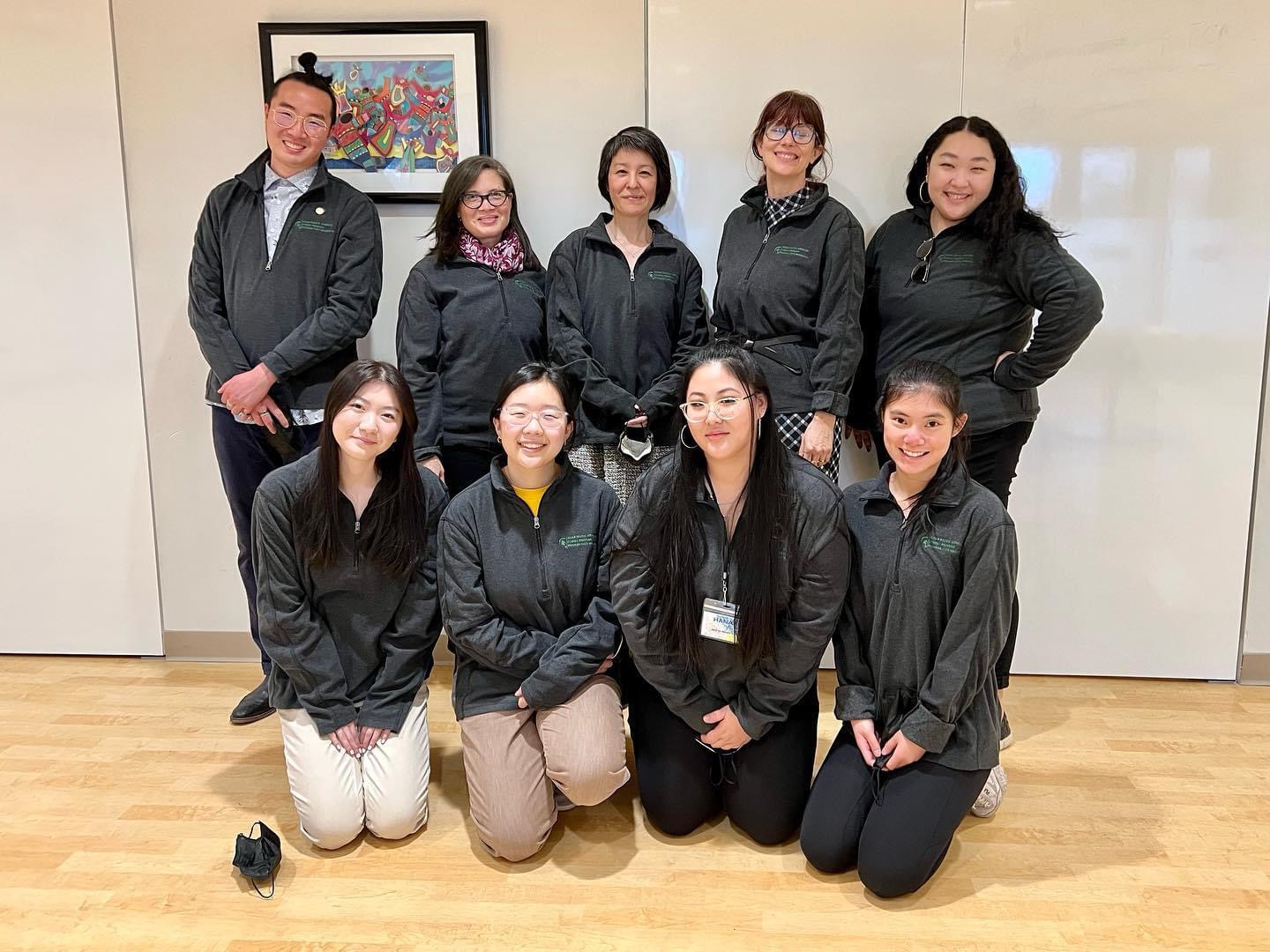
Since its establishment, the APA Studies program has grown on Michigan State’s campus and in the Greater Lansing community. In the past 20 years, many people have been instrumental to the success and dynamism of the program, including a diverse and accomplished array of core and affiliated faculty members and advisory board members. The program’s reputation has been strengthened through its APIDA and ally women leaders who have all been key in making the program what it is today, including: founding APA Studies Director and Anthropology Professor Andrea Louie; James Madison College Professor and former APA Studies Director Anna Pegler-Gordon; Associate Dean, Associate Professor and former APA Studies Director Terese Guinsatao Monberg; former APA Studies Director and Professor of History Naoko Wake; Project Manager of Inclusive Campus Initiative and former OCAT Coordinator of Student Success Initiatives Meaghan Kozar; current APA Studies Director and Associate Professor Sitara Thobani; former Mosaic Director and co-founder of APASO Maggie Chen-Hernandez; and others.
However, maintaining a minor program requires constant work. Faculty cannot always offer a course regularly, which makes it difficult to identify courses that can count toward a degree. This requires dedicated faculty and introduces challenges in reaching students.
Without a central ethnic studies department on campus, programs like APA Studies, the Department of African American and African Studies, Chicano/Latino Studies, etc., are housed in various colleges. Each host college plays a critical role in supporting ethnic studies programs on campus.
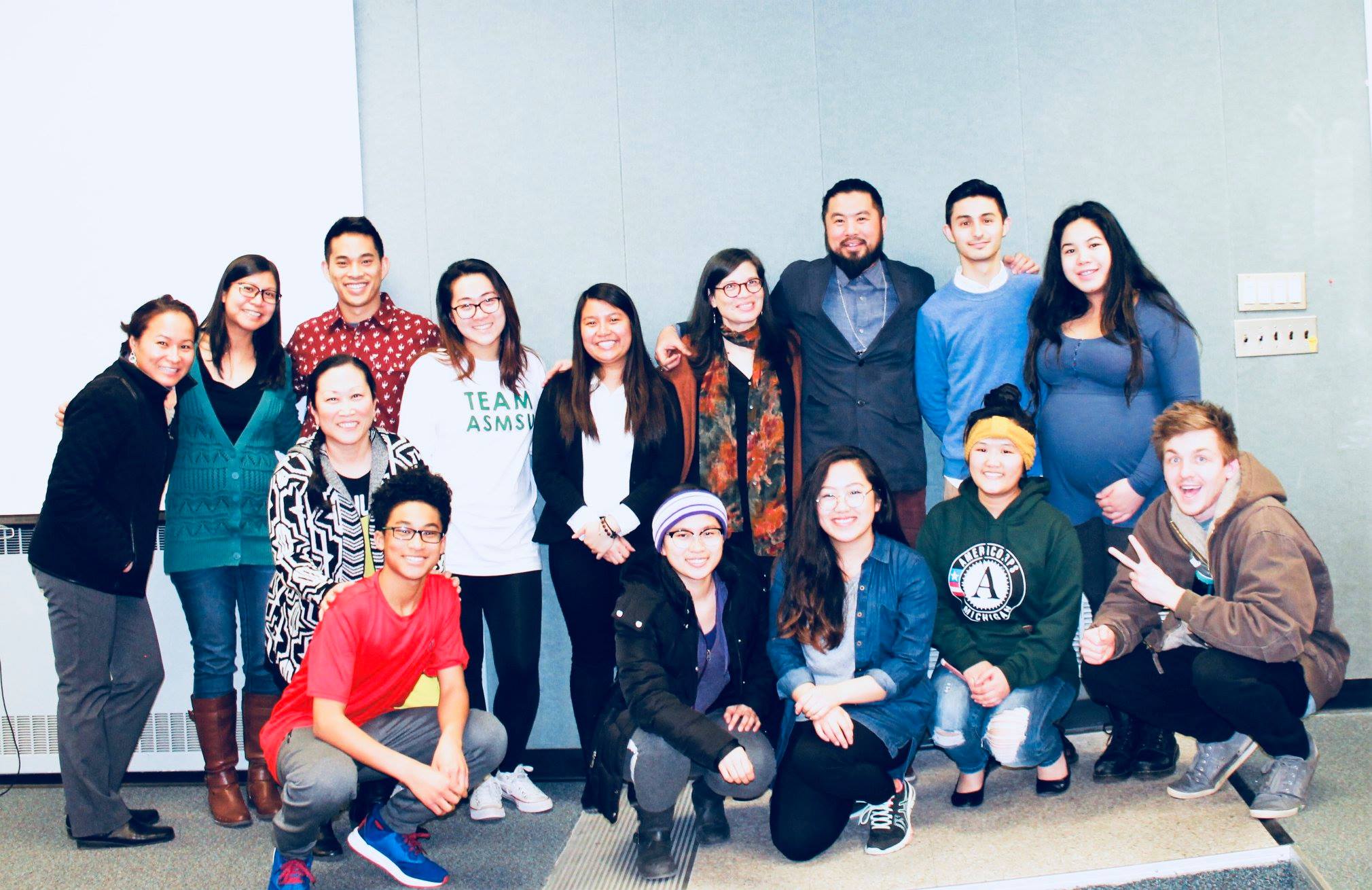
Through the College of Social Science, APA Studies has increased its enrollment and the number of minors through skilled advisors. Shina Steinberg was the first advisor and coordinator, followed by Joe Cousins, Meaghan Kozar and Jen Marcy, who stepped in to do recruiting and programming and later served as assistant director.
APA Studies realized its role within APIDA history early on. As a historical actor, the program has to take a position on current contexts, what people have done in the past, how to look forward and where to go next.
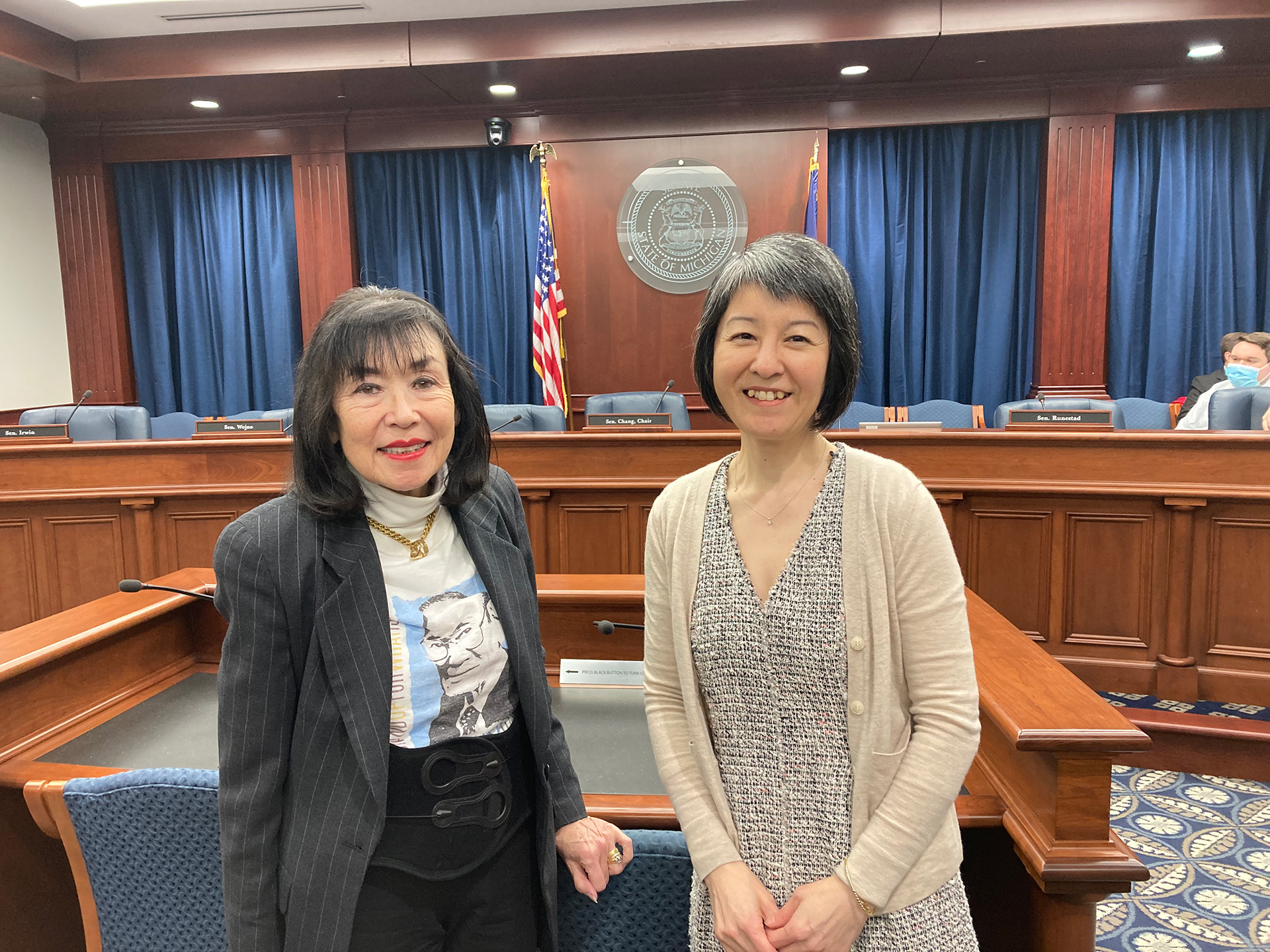
Wake, currently on sabbatical, started an APA oral history project in 2022 to connect the APIDA community further and educate the public about the 20th anniversary of APA Studies as a part of Asian American history. The project is slated to be released as a website later this year titled “Our Community, Our Stories.”
“The website will be focused on shedding light and recognizing our community and the different cultural heritages amongst us,” said Wake. “If we don’t organize and preserve it, the history will be lost.”
In 2023-24, on its milestone commemoration, APA Studies welcomed new leaders, Director and Associate Professor Sitara Thobani and Assistant Director and Assistant Professor Kent Weber.
APA Studies directors
Andrea Louie (2004 – 2012)
Anna Pegler-Gordon (2012 – 2017, including earlier years)
Terese Guinsatao Monberg (2017-2019)
Andrea Louie and Anna Pegler-Gordon (2019-2020)
Naoko Wake (2020 – 2023)
Sitara Thobani (2023 – present)
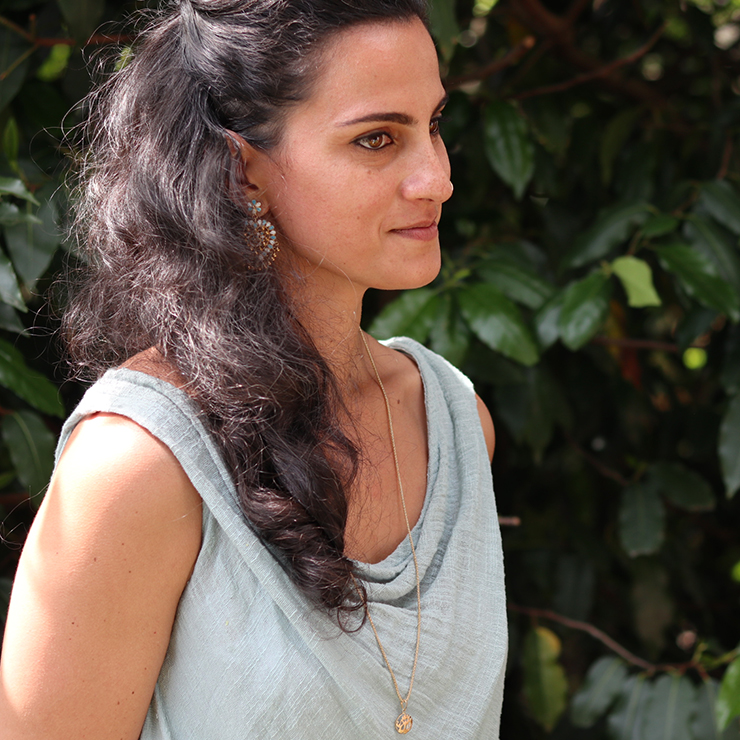
“The COVID-19 pandemic and the surge in anti-Asian hate in the U.S. have underscored the importance of our courses,” said Thobani. “The 20th anniversary of APA Studies is a testament to the enduring relevance of our offerings, regardless of the field you’re in, and our commitment to fostering understanding and respect.”
While the APA Studies program at MSU offers a minor, with additional support, it hopes to offer a major one day. Regardless, the program will continue to foster strength and knowledge throughout the MSU community and spread awareness of APIDA history on campus. APA Studies has proven to hold a significant place in the community, and with further financial support, it will continue to grow to educate and support the community.
“The APA program is responsible for an innovative and interdisciplinary curriculum, and works with students to ensure their success. They have an impressive record of sponsoring events designed to engage students and nurture community. The College of Social Science is excited for the future based on the strong foundation of the first 20 years,” said Brent Donnellan, College of Social Science dean.
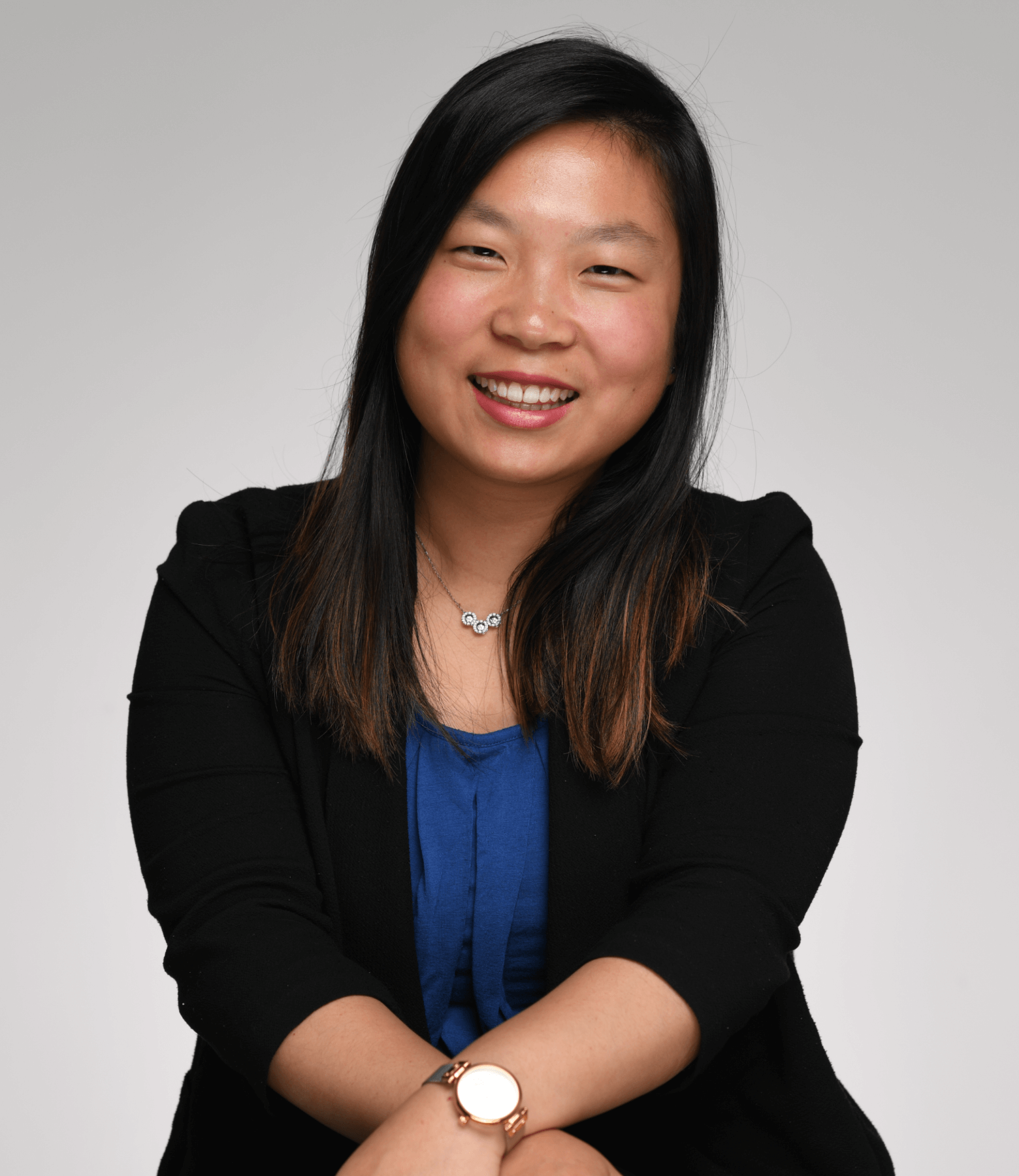
This anniversary is a reminder of the power of organizing, advocacy and persistence, especially in fostering tomorrow’s student leaders. With close connections with APASO, students have always been at the core of APA Studies, shaping the program and, in turn, being shaped by it.
“To see my own history taught and shared in the classroom hits home. The program has impacted me in the ways I show up for my community and serve,” said Anna Lin, an alum of the program, APASO adviser and current student at the MSU College of Law. “I look forward to applying the knowledge I gained to advocate for the community as I pursue my legal career.”
MSU recognizes APIDA Heritage Month yearly to celebrate the group’s diverse identities, histories and cultures. To learn how to support APA Studies and MSU APIDA students visit the giving page.